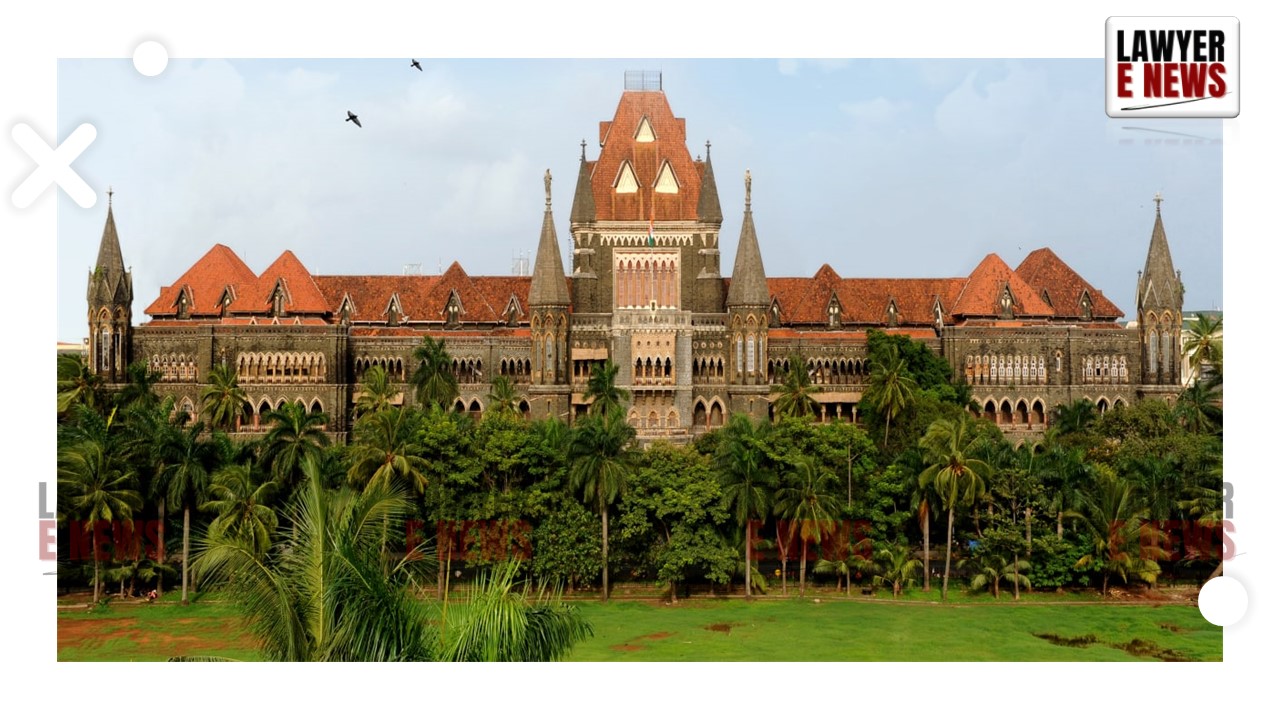-
by Admin
15 February 2026 5:35 AM



High Court of Judicature at Bombay delivered a notable ruling in the case of Azharali Jaferali Qureshi vs. The State of Maharashtra (Revn. No. 405 of 2002). The court overturned the conviction of the applicant, Azharali Jaferali Qureshi (accused No. 2), previously found guilty by the lower courts for obstructing public servants and causing hurt. This case centered around an alleged assault on municipal officers during a raid related to unauthorized meat sales.
The incident occurred on September 30, 1992, when officers of the Brihanmumbai Municipal Corporation (BMC), led by PW-1 to PW-4, raided Qureshi’s shop for allegedly selling unauthorized slaughtered mutton without a license. When the officers attempted to seize the meat, a scuffle ensued, during which PW-2, a BMC marketing inspector, was allegedly struck by Qureshi.
Qureshi was convicted under Section 332 (voluntarily causing hurt to deter a public servant from his duty) read with Section 34 of the Indian Penal Code (IPC). He was sentenced to one year of rigorous imprisonment and a fine of Rs. 3,000 by the Metropolitan Magistrate’s Court on August 31, 2001. This conviction was upheld by the Sessions Court on August 5, 2002, leading to the current Criminal Revision Application before the Bombay High Court.
The central issue was whether Qureshi had indeed assaulted PW-2 during the raid and whether the prosecution’s evidence was credible enough to uphold the conviction.
Prosecution’s Claim: The prosecution argued that Qureshi had obstructed the BMC officers from carrying out their duties by assaulting PW-2. They presented the testimonies of four prosecution witnesses (PW-1 to PW-4), all BMC employees.
Defense Argument: The defense, represented by Advocate Kartik Garg, contended that the prosecution’s case was inconsistent, with contradictions in the testimonies of its witnesses. Qureshi argued that the BMC officers were attempting to extort illegal gratification, and the alleged assault was fabricated.
Justice Milind N. Jadhav carefully analyzed the testimonies of the four prosecution witnesses and found serious contradictions in their statements. Key points that influenced the judgment include:
PW-4, a peon in the BMC’s Vigilance Department, gave testimony that significantly contradicted that of the other witnesses. He stated that it was accused No. 1, not Qureshi, who struck PW-2.
The number of people present during the incident varied greatly according to the witnesses, ranging from 20 to 200 individuals, casting doubt on the accuracy of the prosecution's narrative.
The timing of events and descriptions of the assault were also inconsistent.
Lack of Statutory Compliance by BMC Officers:
Under Section 476B of the Mumbai Municipal Corporation Act, 1888, there is a legal requirement for formal seizure procedures. The prosecution failed to present any evidence of such compliance, which further weakened their case.
Failure to Prove Injury and Assault Beyond Reasonable Doubt:
The injury sustained by PW-2 (a contusion on the lip) was minor, and it was possible that it resulted from the scuffle or even from PW-2 falling, as he admitted in cross-examination.
PW-5, the medical doctor who treated PW-2, acknowledged that such an injury could be caused by a fall, not necessarily by a direct assault.
The court noted that all four prosecution witnesses were employees of the BMC, making them interested witnesses. Their testimonies required closer scrutiny, especially in light of the contradictions and lack of independent corroboration.
Conclusion
Justice Jadhav concluded that the prosecution had failed to prove its case beyond a reasonable doubt. The testimonies of the prosecution witnesses were deemed unreliable, with the contradictions between their statements leading to the acquittal of Qureshi.
“The version of events narrated by the prosecution witnesses is riddled with inconsistencies, and the evidence fails to establish guilt beyond reasonable doubt.” - Justice Milind N. Jadhav
The High Court quashed the convictions imposed by both the Metropolitan Magistrate’s Court and the Sessions Court.
The applicant, Azharali Jaferali Qureshi, was acquitted, and his bail bond was discharged.
Date of Decision: October 14, 2024
Azharali Jaferali Qureshi vs. The State of Maharashtra
